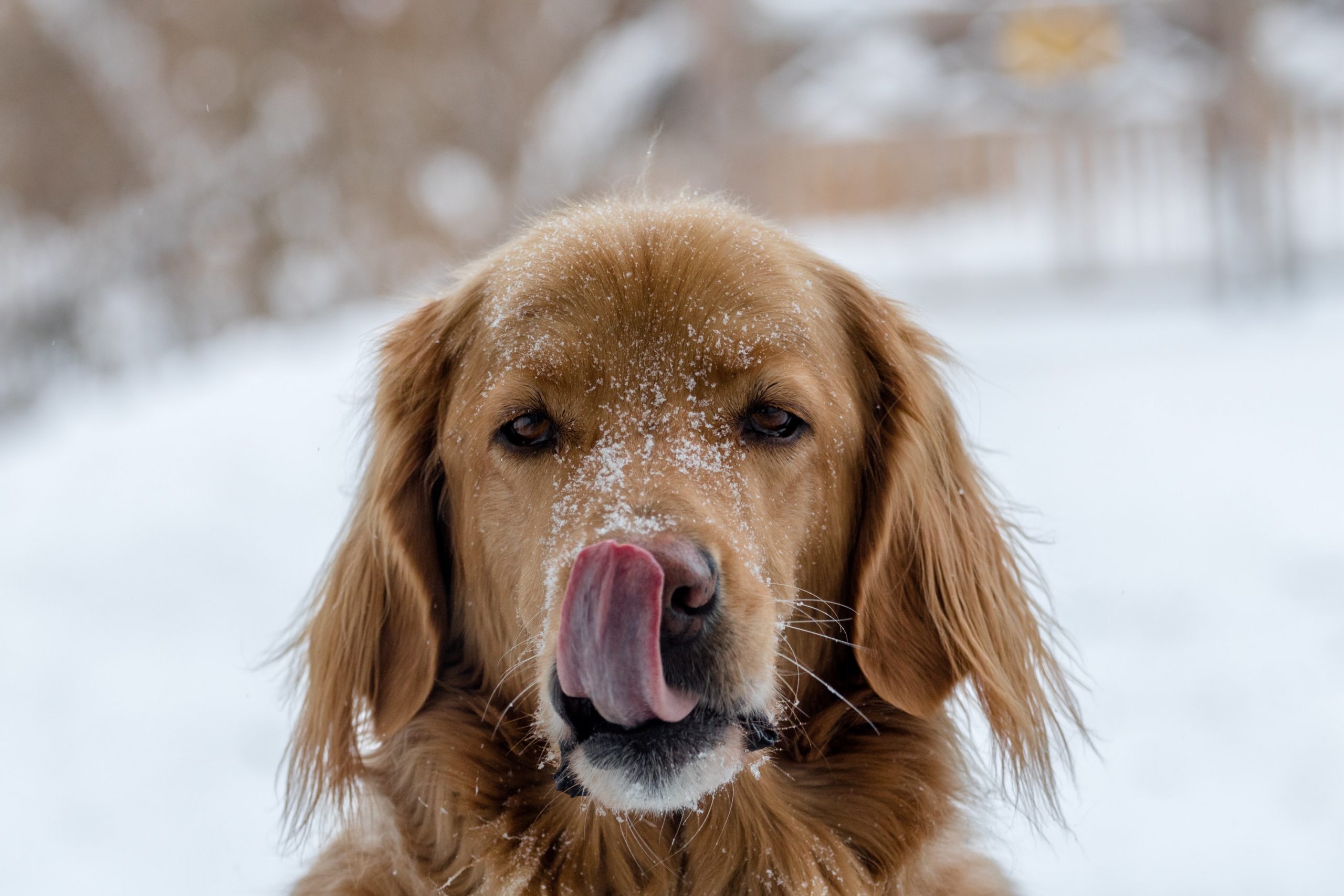
Autumn and Winter means leafy walks and Christmassy treats, but pet dangers can lurk beneath the leaves and pine needles.
The team at pet insurance provider Go.Compare has looked at Google trends data from the past five years, and found that searches in the UK for ‘dog ate chocolate’ increase fourfold during the December months, when compared with the average throughout the year.* And searches in Northern Ireland are 50% higher than in England as concerns grow during the autumn over canines consuming a bit of the sweet stuff.**
Chocolate contains an ingredient called theobromine, which is very toxic to dogs, and they can’t break down or metabolise theobromine as humans can. Depending on a dog’s size and the amount and type of chocolate consumed, owners must monitor their four-legged friends and call a vet if conditions worsen.
And as the seasons change, the insurer warns dog owners of other hazards that could cause big problems this time of the year, and the items to watch out for:
Acorns and conkers
Autumn brings beautifully coloured trees and crunchy paths of fallen leaves. But this is the time of year when conkers and acorns are found on the ground and few people may not realise that these nuts can pose a serious health risk to your pet if eaten.
The large nuts could cause a blockage in your pet’s stomach and conkers contain a chemical called aesculin – found in all parts of the horse chestnut tree, including the leaves – which is toxic to dogs. Acorns contain tannins which can cause upset tummies and, though rare, can lead to kidney failure and even death.
Although dogs love to forage when they’re out exploring, do keep a watchful eye on them when they’re around conkers and acorns. Don’t encourage them to catch or play with them and if they show signs of becoming unwell after you have been out and about then contact your vet as soon as possible. Always take a suitable dog toy out with you to distract them if they are interested in playing a game.
Salted and gritted roads
When cold weather approaches, UK councils often grit roads with salt to aid pedestrians and drivers in their safe travel. However, walking on salt in cold weather can irritate a dog’s paws, and if they lick at their pad they can become unwell as it is toxic if swallowed in too large a quantity.
Always avoid walking dogs on gritted roads and paths if possible, and clean paws with warm water after coming home if you do suspect that they’ve irritated their skin.
Festive debris
With Halloween and Bonfire night out of the way, there may be firework scrap or sweets and chocolate wrappers littering the streets. If consumed or trodden on, waste like this could be dangerous to your dog.
Like chocolate, sweets can play a part in making a dog very ill. Some are made with an artificial sweetener called xylitol which is poisonous to dogs. Plus, the small size of most sweets makes them a choking hazard.
But, with Christmas firmly on the way, owners should also keep a watchful eye out for their pets seeking other festive debris like glass baubles, glitter, children’s toys and many more that may pose a threat.
Candles and heaters
During the cold season, many of us have candles and portable heaters in use around the house – however, this can be a hazard for pets and so caution is needed.
We would highly advise not leaving lit candles close to the floor as dogs’ fur could catch fire, and similarly, you should not allow your dog to get too close to an electric heater, as their fur could overheat or catch fire if in close contact with halogen heaters.
Ceri McMillan, Go.Compare’s pet insurance expert said: “Pets are part of the family and keeping them safe is our number one priority. From indoor hazards such as candles and chocolate, to outdoor hazards including acorns and grit, it is important to be aware of these items and look after your pet’s health at this time of year.
“If your dog happens to eat something toxic, seeking veterinary advice is vital to safeguard its long-term health and well-being. It is wise to make sure you have pet insurance in place that can give you peace of mind if any treatments are ever required. At an already expensive time of year, having precautions and cover in place can put your mind at ease.”

